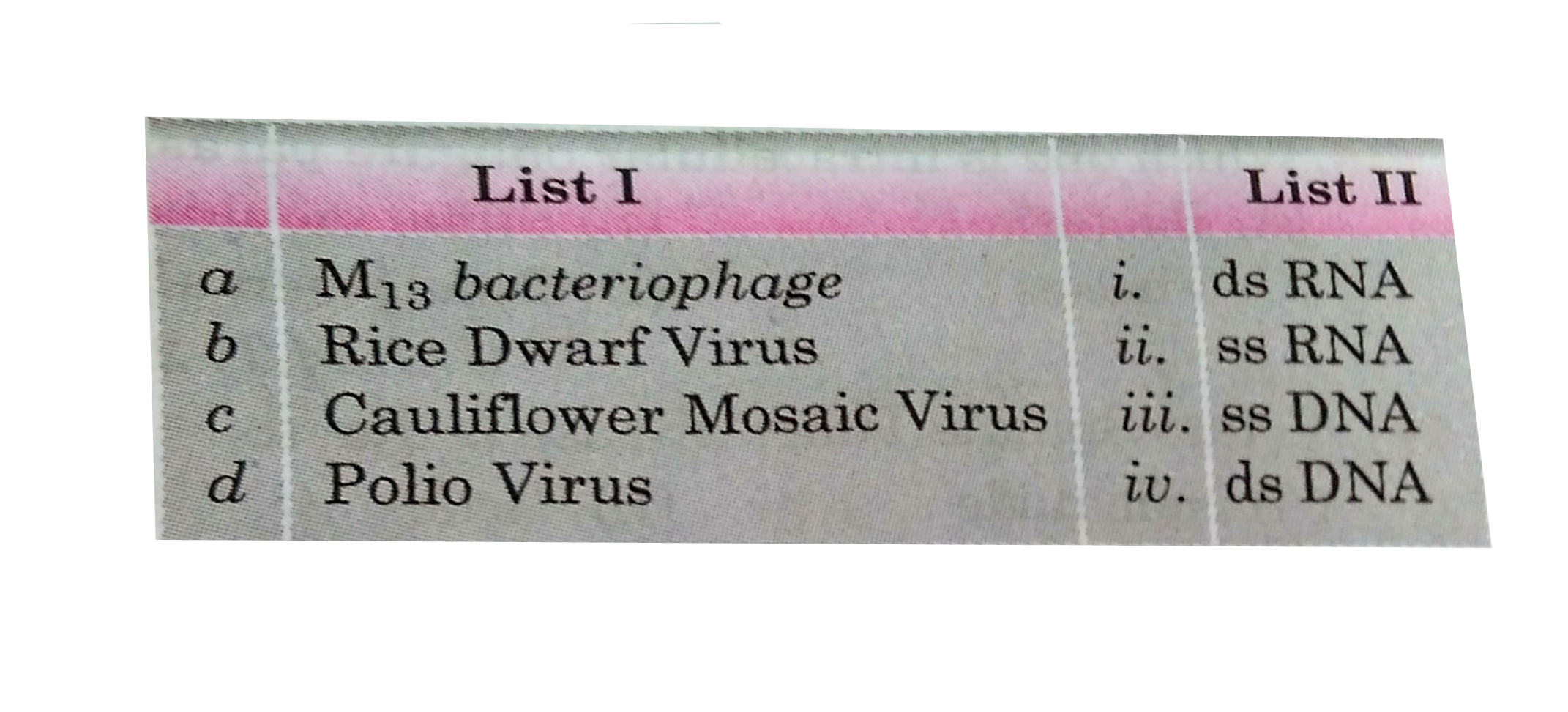Factorise : (iii) b(c−d)2+a(d−c)+3(c−d)
To factorise the expression b(c−d)2+a(d−c)+3(c−d), we will follow these steps:
Step 1: Rewrite the Expression
We start with the given expression:
b(c−d)2+a(d−c)+3(c−d)
Step 2: Recognize the Relationship Between Terms
Notice that d−c can be rewritten as −(c−d). Thus, we can rewrite a(d−c) as:
a(d−c)=−a(c−d)
Now, substituting this back into the expression gives:
b(c−d)2−a(c−d)+3(c−d)
Step 3: Factor Out Common Terms
Now we can see that (c−d) is a common factor in the last three terms:
b(c−d)2−a(c−d)+3(c−d)=(c−d)(b(c−d)−a+3)
Step 4: Simplify the Expression
Now, we simplify the expression inside the parentheses:
(c−d)(b(c−d)−a+3)
Final Result
Thus, the factorised form of the expression b(c−d)2+a(d−c)+3(c−d) is:
(c−d)(b(c−d)−a+3)
We start with the given expression:
b(c−d)2+a(d−c)+3(c−d)
Notice that d−c can be rewritten as −(c−d). Thus, we can rewrite a(d−c) as:
a(d−c)=−a(c−d)
Now, substituting this back into the expression gives:
b(c−d)2−a(c−d)+3(c−d)
Now we can see that (c−d) is a common factor in the last three terms:
b(c−d)2−a(c−d)+3(c−d)=(c−d)(b(c−d)−a+3)
Now, we simplify the expression inside the parentheses:
(c−d)(b(c−d)−a+3)
Thus, the factorised form of the expression b(c−d)2+a(d−c)+3(c−d) is:
(c−d)(b(c−d)−a+3)
Topper's Solved these Questions
Similar Questions
Factorise : a(b−c)−d(c−b)
View SolutionIf a, b, c, d are in proportion, then
(a)ab=cd
(b) ac=bd
(c) ad=bc
(d) None of these
View SolutionIf a,b,c,d be in G.P. show that (b−c)2+(c−a)2+(d−b)2=(a−d)2.
View SolutionFill in the blanks :
(iii) If ab is additive inverse of −cd, then −cd is additive inverse of ………………… . And so ab+(−c)d=(−c)d+ab= …………………… .
View SolutionFind the correct matches

(1) a-iii, b-i, c-iv, d-ii
(2) a-ii, b-i, c-iii, d-iv
(3) a-iii, b-iv, c-ii, d-i
(4) a-iv, b-iii, c-I, d-ii
View SolutionIf (a+b+c+d)(a−b−c+d)=(a+b−c−d)(a−b+c−d),
prove that: a:b=c:d.
View SolutionIf a,b,c,d are in G.P, then (b−c)2+(c−a)2+(d−b)2 is equal to (a−d)2 b. (ad)2 c. (a+d)2 d. (a/d)2
View SolutionDuring the transformation of .cXa to .dYb the number of β-particles emitted are
a. d+(a−b2)−c b. a−bc
c. d+(a−b2)+c d. 2c−d+a=b
View SolutionIf the equation (a2+b2)x2−2(ac+bd)x+c2+d2=0 has equal roots, then
(a)ab=cd (b) ad=bc (c) ad=√bc (d)ab=√cd
View SolutionIf a ,b,c , d are in G.P. prove that
(a−d)2=(b−c)2+(c−a)2+(d−b)2
View Solution
